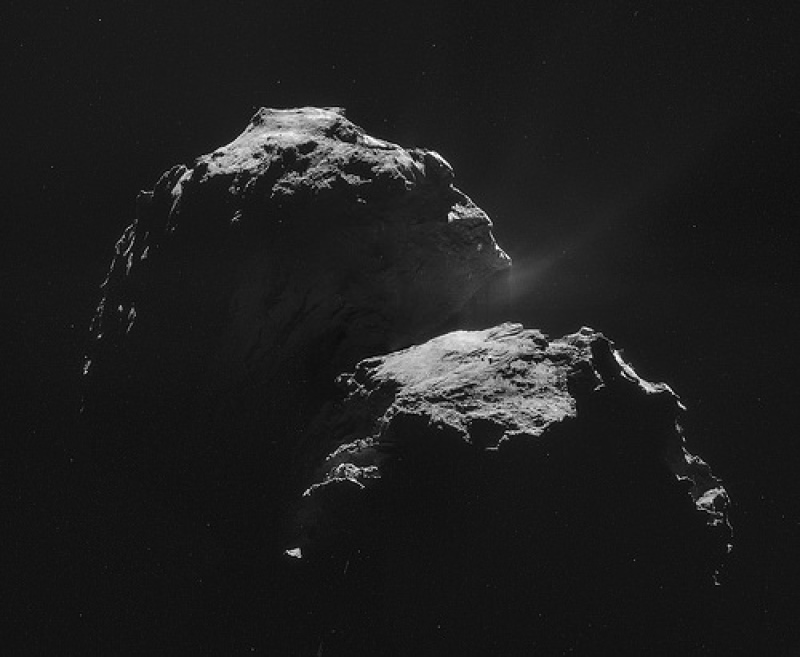
The latest discovery made by the Rosetta space probe has shed light on the debate over the origin of Earth's water, the Daily Mail reported.
According to the findings, our planet's water did not come from comets. The discovery was made about a month after the European Space Agency's (ESA) probe landed on Comet 67P in November.
The study drafted by the researchers was published by Science, an online journal dedicated to featuring academic articles and research reports. After analyzing the ice samples taken from the comet, the ESA's researchers concluded that the water molecules found on Comet 67P are not the same as those found on Earth.
They were able to make the conclusion after discovering that the comet's water contains deuterium, which is a form of hydrogen except it contains an additional neutron. This means that the water molecules on Comet 67P are heavier than those on Earth.
"It is the highest-ever measured ratio of heavy water relative to light water in the Solar Sytem," Kathrin Altwegg, a professor in Switzerland's University of Bern and lead author of the study told BBC.
"It is more than three times higher than on Earth, which means that this kind of comet could not have brought water to the Earth," she added.


















